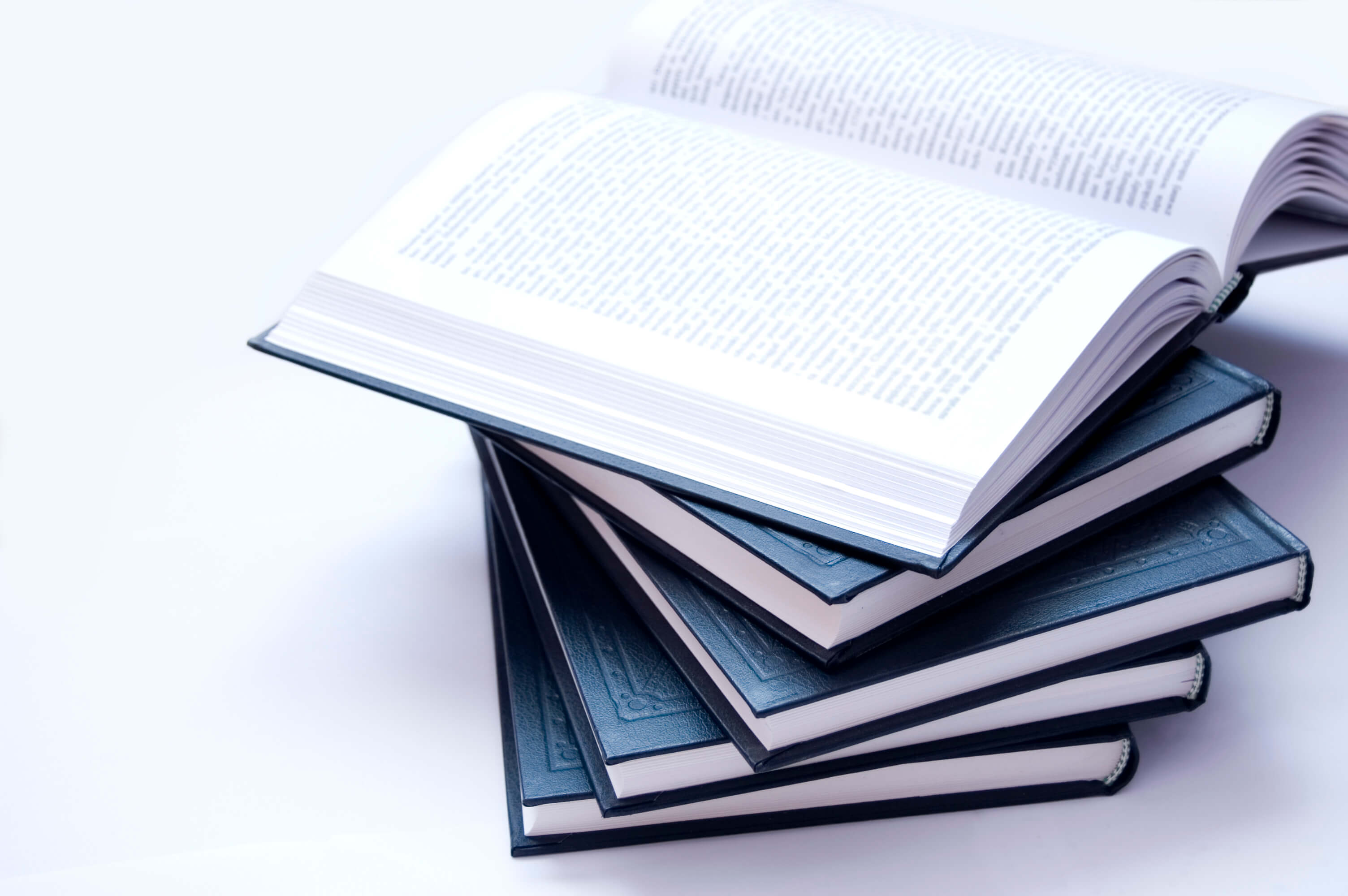-
Qishloq va o‘rmon xo‘jaligi
-
-
-
Tibbiyot va sog‘liqni saqlash
-
-
Сорта ягодных культур
Приводятся данные по амплитуде сортовой изменчивости морфологических и хозяйственно-ценных признаков, как урожайность, иммунность к заболеваниям и зимостойкость. Учет изменчивости позволяет более определенно выявить сравнительную ценность сортов.
-
Ўзбекистон Республикасининг шаҳарсозлик Кодекси
Ушбу Кодекснинг мақсади шаҳарсозлик фаолияти доирасидаги муносабатларни тартибга солишдан иборат
-
ШНК 2.07.01-03 Шаҳар ва қишлоқ аҳоли пунктлари ҳудудларини ривожлантириш ва қурилишини режалаштириш
Мазкур норма ва қоидалар янги шаҳар ва қишлоқ аҳоли пунктларини лойиҳалаштириш ва мавжудларини реконструкция қилишга тегишли бўлиб, уларни режалаштириш ва қурилишига нисбатан қўйилган асосий талабларни ўз ичига олади.
-
Экономическая академия имени Д. А. Ценова
Экономическая Академия имени Д. А. Ценова является одним из ведущих образовательных, научных и культурных учреждений в Республике Болгарии. В ее составе входят 17 кафедр, объединённых в 4 факультета: Финансовый, Учетный, Менеджмент и маркетинг, Производственный и коммерческий бизнес, а также академические центры и офисы, Институт научных исследований, Академическая библиотека, различные административные и обслуживающие отделы и студенческий кампус.
-
Graph Theory and Additive Combinatorics
Graph Theory and Additive Combinatorics provides a modern introduction to important mathematical results and techniques in the two intimately related subjects of graph theory and additive combinatorics, while highlighting beautiful connections between the two. The dichotomy of structure and pseudorandomness is a recurring theme throughout the book. The book introduces readers to foundational problems and methods in graph theory, including the Turán problem, Szemerédi’s graph regularity method, pseudorandom graphs, spectral graph theory, graph limits, and graph density and homomorphism inequalities. The book also explores seminal results in additive combinatorics, notably cornerstone theorems of Roth, Szemerédi, Freiman, and Green–Tao. Many important mathematical techniques are highlighted throughout the book, including combinatorial, graph theoretic, spectral, analytic, Fourier, algebraic, and geometric methods.
-
Design and Simulation of Rail Vehicles
This book contains information obtained from authentic and highly regarded sources. Reasonable efforts have been made to publish reliable data and information, but the author and publisher cannot assume responsibility for the validity of all materials or the consequences of their use. The authors and publishers have attempted to trace the copyright holders of all material reproduced in this publication and apologize to copyright holders if permission to publish in this form has not been obtained. If any copyright material has not been acknowledged please write and let us know so we may rectify in any future reprint
-
Handbook of Railway Vehicle Dynamics
This book contains information obtained from authentic and highly regarded sources. Reprinted material is quoted with permission, and sources are indicated. A wide variety of references are listed. Reasonable efforts have been made to publish reliable data and information, but the author and the publisher cannot assume responsibility for the validity of all materials or for the consequences of their use.
-
ПРАВИЛА ТЕХНИЧЕСКОЙ ЭКСПЛУАТАЦИИ ЖЕЛЕЗНЫХ ДОРОГ РЕСПУБЛИКИ УЗБЕКИСТАН
Правила технической эксплуатации железных дорог Республики Узбекистан устанавливают основные положения и порядок работы железной дороги и работников железнодорожного транспорта, основные размеры, нормы содержания важнейших сооружений, устройств и подвижного состава и требования, предъявляемые к ним, систему организации движения поездов и принципы сигнализации.
-
-
Kompyuterda loyihalash
O‘quv-uslubiy qo‘llanma oliy o‘quv yurtlarining “Dizayn” yo‘nalishida tahsil oladigan talabalar uchun “Kompyuterda loyihalash” kursining o‘quv rejasi va dasturi asosida tuzilgan.
-
Design of Railway Track for Speed and High-speed Railways
The design of railway lines under the current standard STN 73 6360 [1] including the comparison of railway line parameters to the European Standard EN 13803-1 and a new proposal in accordance to the new prepared standard STN 73 6360-1 [2] of Slovak Railways (ŽSR). Specifications of the basic design parameters of these standards: designing minimum radius values of horizontal and vertical alignment radii within these standards, for example at speeds: V = 160 km/h, V = 200 km/h and V = 250/300 km/h. The routes shown in the 3D model terrain surface. Dynamic spatial design of railway lines and their routing designs in 3D drawings, their development in the terrain and comparison according to the selected speed parameters.
-
Nature’s Clocks How Scientists Measure the Age of Almost Everything
While hiking in the Alps one day in 1991, Helmut Simon and his wife had a disturbing experience: they discovered a body. It was partly encased in the ice of a glacier, and their first thought was that it was an unfortunate climber who had met with an accident, or had been trapped in a storm and frozen to death.
-
Биохимия мембран 9 Клеточные мембраны и иммунитет
Книга продолжает серию, посвященную изложению современного состояния биохимии мембран. В ней представлены сведения о структурных и функциональных свойствах мембран клеток иммунной системы. Особое внимание уделено молекулам клеточной поверхности, участвующим в иммунном распознавании "чужого" и "своего". Описаны молекулы, узнающие и узнаваемые. Проанализированы биохимические механизмы передачи сигнала с рецептора в цитоплазму и инициации ответа иммунокомпетентной клетки антигеном. Рассмотрено участие клеточных мембран в контактных и опосредованных гуморальными факторами взаимодействиях клеток при развитии иммунной реакции и в эффективных механизмах иммунитета
-
Why Geology Matters Decoding the Past, Anticipating the Future
The span of the Earth’s history is immense: 4.5 billion years. It is hard to comprehend such a vast stretch of time, but with so much time available, even geological processes that operate at a snail’s pace— like erosion of a mountain or movement of a tectonic plate —will eventually accomplish equally vast changes to our planet.
-
A memory of icetne antarctic voyage of the glomar challenjer
The formal organisation of ocean drilling to recover core samples from the floor of the ocean has been operating now for 50 years. Samples from the sea bed reveal much of the way the Earth works—its climates past and present; its active nature, including the origin of destructive earthquakes; and the evolutionary history of much of its biology.

